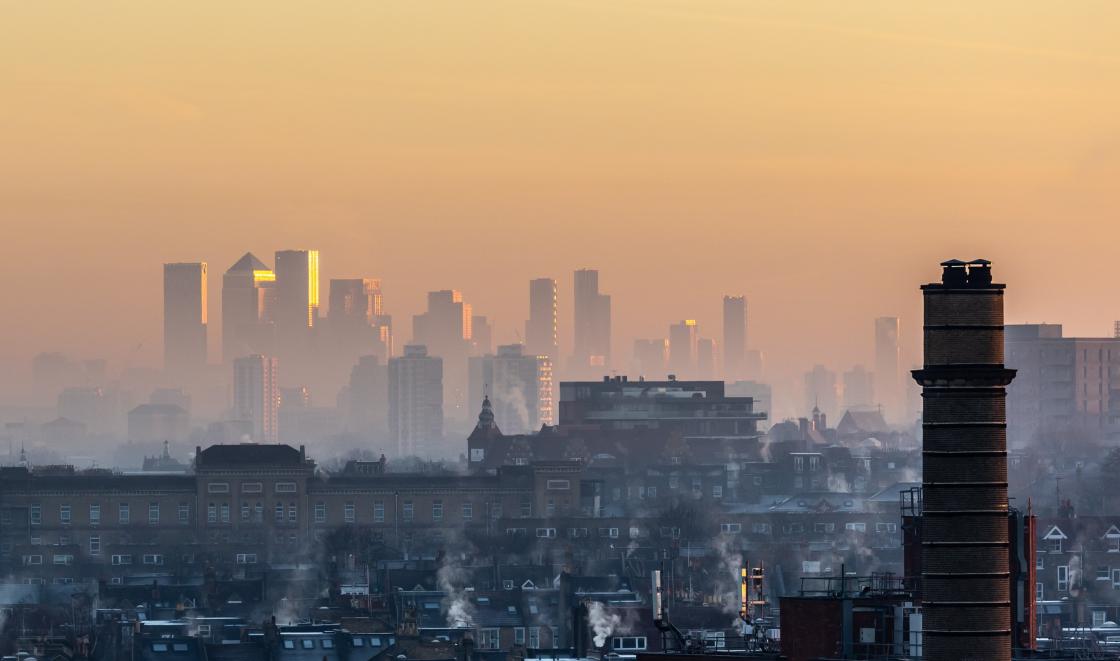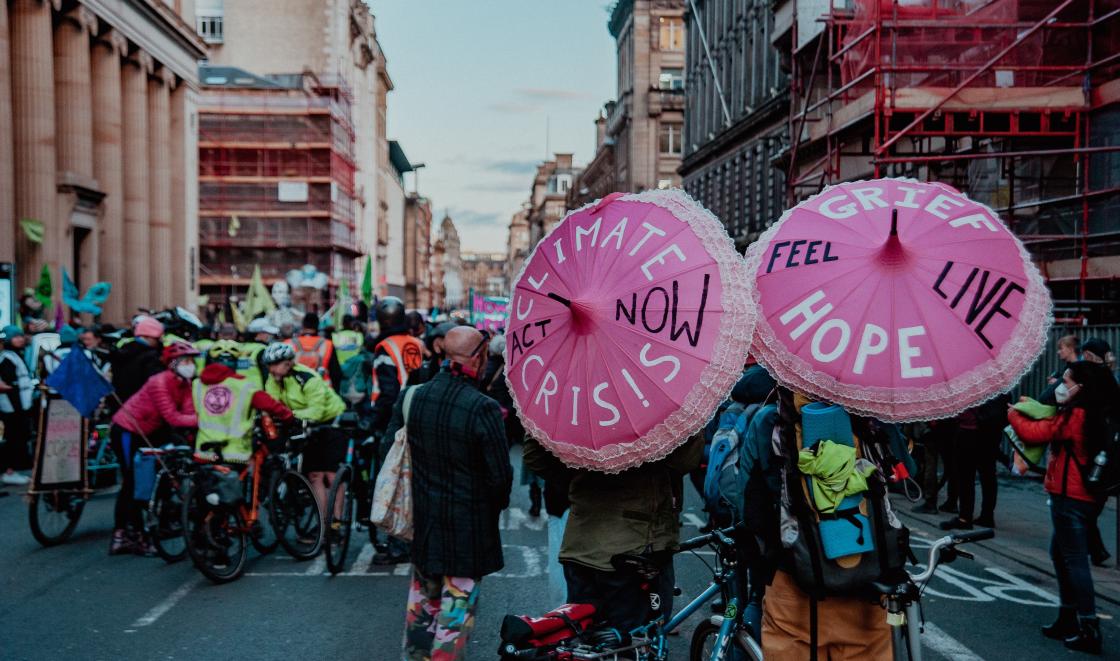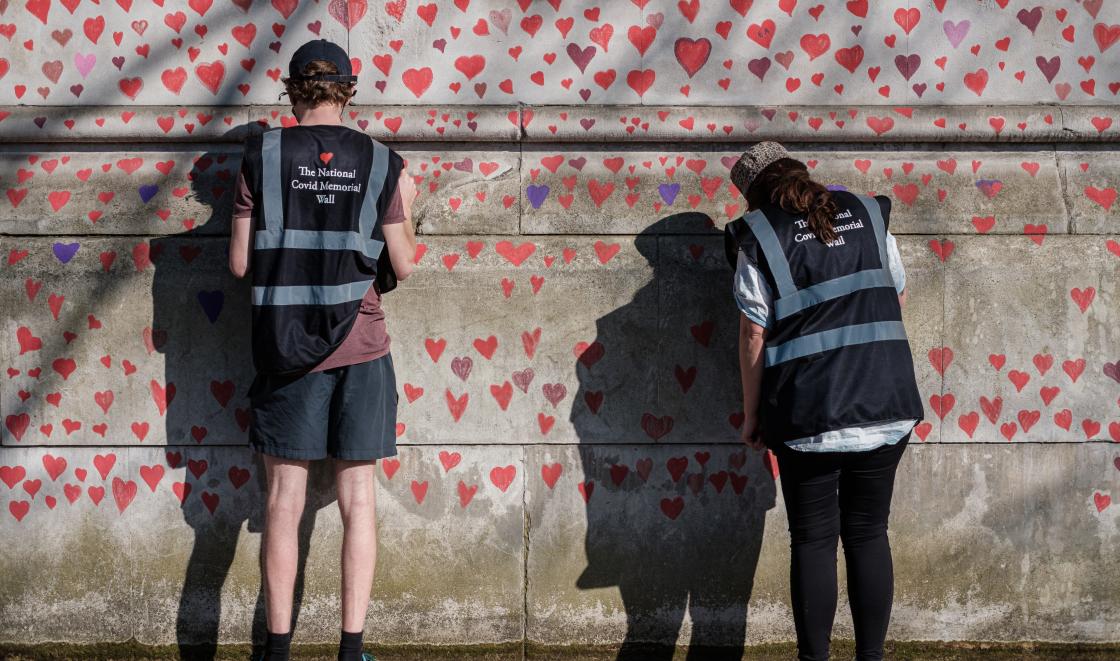The second talk was from NIHR ARC Northwest London's Professor Mala Rao, director of the Ethnicity and Health Unit, Imperial College London, on the impact of the climate crisis on mental health and the intersection between climate, race and health.
Professor Rao highlighted how the unequal burdens of the climate crisis reflect race inequalities on a global scale, with ethnic minority communities facing disproportionately greater risk. She also outlined how eco-anxiety, the chronic fear of environmental doom, is growing, and disproportionately affects children, young people, and the most vulnerable people in society.
Professor Rao called for new research to understand the prevalence of eco-anxiety, its likely social, health and economic impacts, and the actions we can take to address it.


